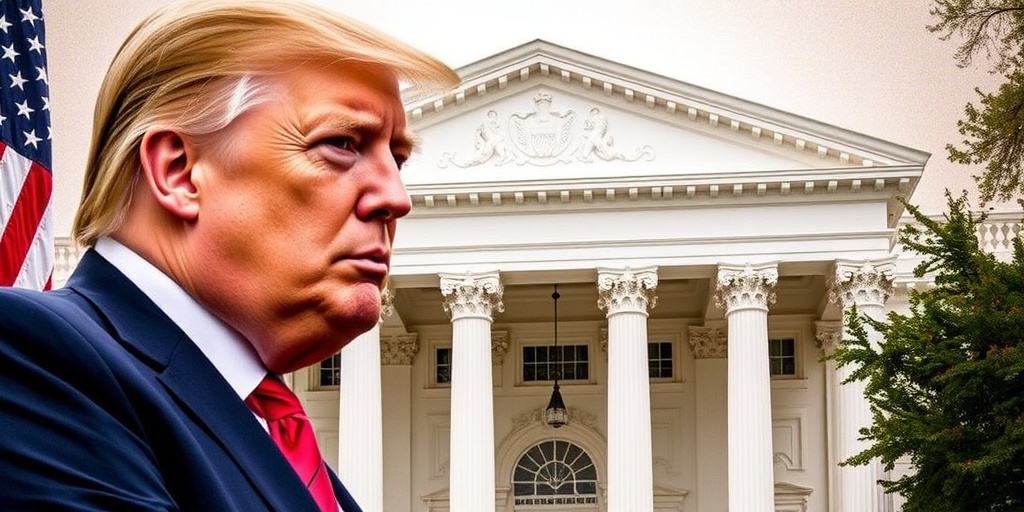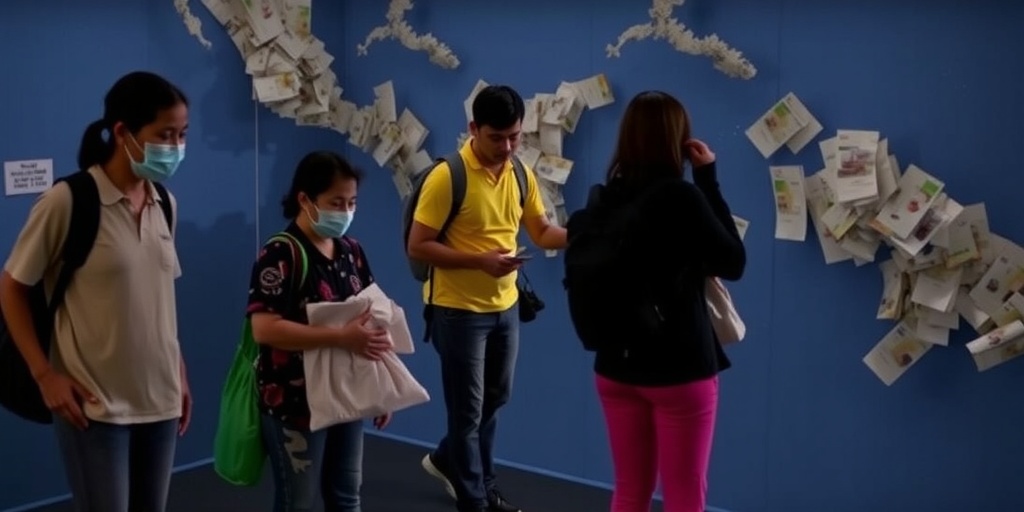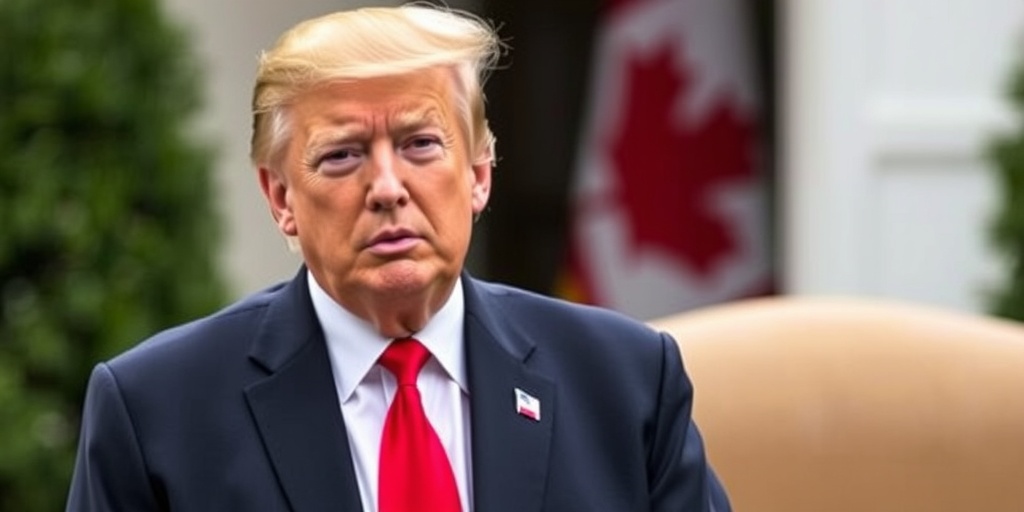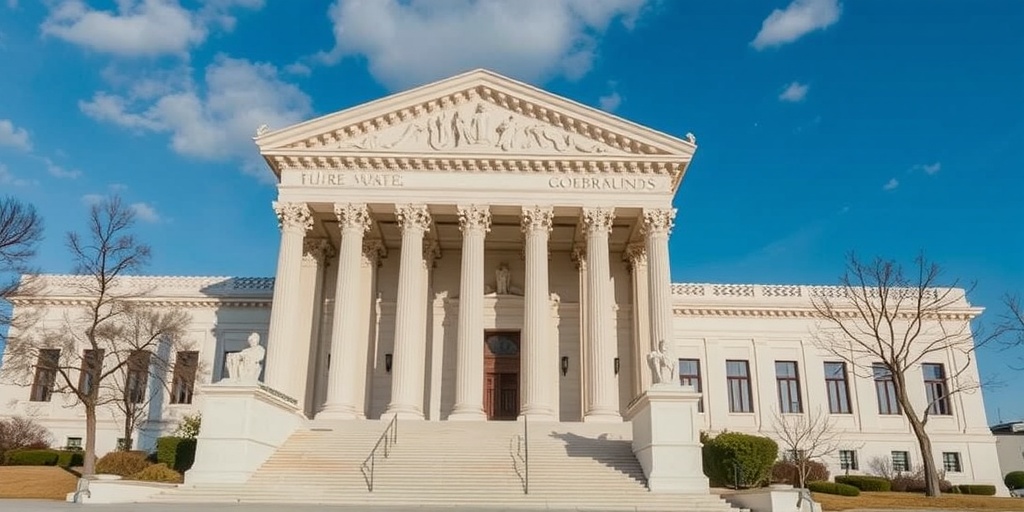Now Reading: Judge’s Ruling Delays Trump’s Deportation Efforts
-
01
Judge’s Ruling Delays Trump’s Deportation Efforts
Judge’s Ruling Delays Trump’s Deportation Efforts
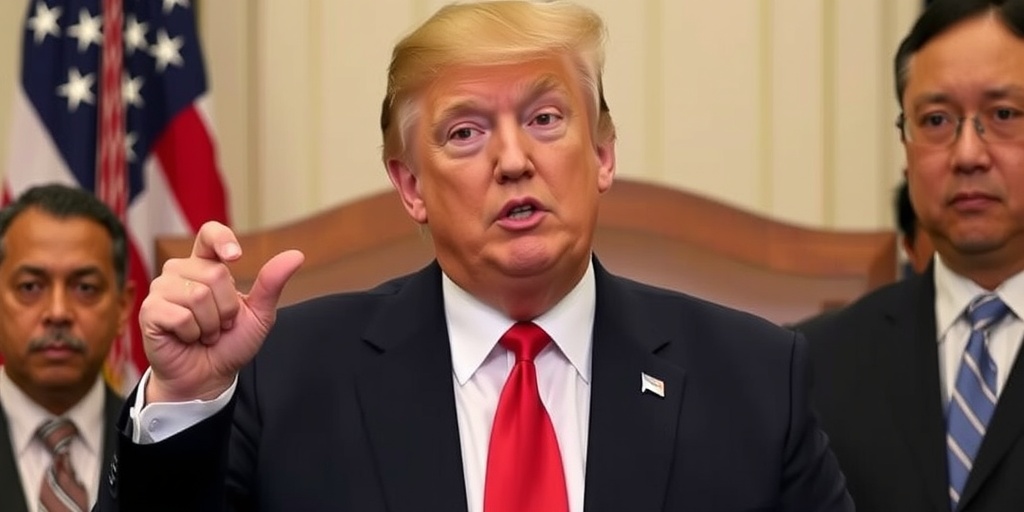
Judge Blocks Trump Administration’s Deportation Policy, Ensuring Legal Protection for Migrants
In a significant legal development on Friday, a federal judge issued a temporary order halting the Trump administration’s controversial efforts to deport migrants to countries other than their home nations. This order mandates that the government must allow migrants an opportunity to contest their removal on the grounds that they may face persecution or torture in the destination country. U.S. District Court Judge Brian E. Murphy, based in Boston, emphasized that the government’s deportation practices must comply with federal law, which restricts deportations to countries where individuals’ lives or freedoms would be threatened.
Judge Murphy’s ruling is particularly critical because it underscores the legal protections afforded to migrants seeking refuge from violence or persecution. He referenced a relevant United Nations treaty against torture, reinforcing the notion that international laws should protect individuals from being sent to places where they might face grave harm.
The Trump administration has pursued various agreements with countries such as Costa Rica, Panama, Guatemala, Mexico, and El Salvador as part of its strategy to remove migrants who are challenging to deport back to their countries of origin. Reports indicate that hundreds of migrants hailing from countries in Africa and Asia have already been deported to Panama, a jurisdiction to which they have no prior ties or connections, raising significant humanitarian concerns.
In the context of these deportations, prior presidential administrations have grappled with the complexities involved in deporting large populations to specific countries, often hampered by strained diplomatic relationships and bureaucratic hurdles. As such, the efficacy of these deportation strategies has been questioned repeatedly.
The scope of Judge Murphy’s recent order is limited to those migrants who already possess a "final order of removal." This designation means that their cases have undergone review by an immigration court. However, the administration has contested this process, asserting authority under the 1798 Alien Enemies Act, which it claims allows for expedited removal of certain foreigners during times of war. This controversial interpretation of the law has already been challenged in court, with reports indicating that a different judge has blocked its usage, emphasizing that it is only applicable under wartime conditions. Following this, the administration has turned to the Supreme Court for intervention.
The plaintiffs in the case are four migrants, identified only by their initials, representing diverse backgrounds from Cuba, Honduras, Ecuador, and Guatemala. Two of these individuals reside in the U.S. and are fearful of being deported during their upcoming appointments with immigration officials. The third plaintiff is currently held at a county prison in Massachusetts, while the fourth remains hidden in Guatemala, having already been marked by a U.S. immigration judge as likely to face persecution upon return.
In their lawsuit, the plaintiffs argue that the Trump administration’s deportation policies violate constitutional guarantees of due process and contravene the Administrative Procedure Act. Legal experts assert that the ruling is a pivotal moment in the ongoing battle for immigrant rights, with Muneer Ahmad, a Yale Law School professor representing the plaintiffs, emphasizing its importance. He suggests that the decision is a crucial step in slowing the administration’s efforts to expedite the removal of immigrants while disregarding their rights to seek protection from torture or persecution.
The ramifications of this legal decision are extensive. Kathleen Bush-Joseph, a policy analyst with the Migration Policy Institute, noted that the ruling could severely hinder the administration’s ability to conduct high-profile removals to third countries, specifically mentioning Panama, Costa Rica, and El Salvador as affected destinations.
As the situation continues to evolve, a hearing has been scheduled for April 10 to discuss the possibility of issuing a preliminary injunction, which if granted would establish a more enduring legal precedent compared to the temporary restraining order imposed on Friday.
This ruling represents not just a legal setback for the Trump administration’s deportation strategy, but also a broader implication for immigrant rights and protections under the law. As the national conversation surrounding immigration remains contentious, the judicial system’s involvement reaffirms the essential principles of justice and humanity that must prevail in matters concerning vulnerable populations seeking refuge in new lands.
Stay Informed With the Latest & Most Important News
Previous Post
Next Post
-
 01New technology breakthrough has everyone talking right now
01New technology breakthrough has everyone talking right now -
 02Unbelievable life hack everyone needs to try today
02Unbelievable life hack everyone needs to try today -
 03Fascinating discovery found buried deep beneath the ocean
03Fascinating discovery found buried deep beneath the ocean -
 04Man invents genius device that solves everyday problems
04Man invents genius device that solves everyday problems -
 05Shocking discovery that changes what we know forever
05Shocking discovery that changes what we know forever -
 06Internet goes wild over celebrity’s unexpected fashion choice
06Internet goes wild over celebrity’s unexpected fashion choice -
 07Rare animal sighting stuns scientists and wildlife lovers
07Rare animal sighting stuns scientists and wildlife lovers














